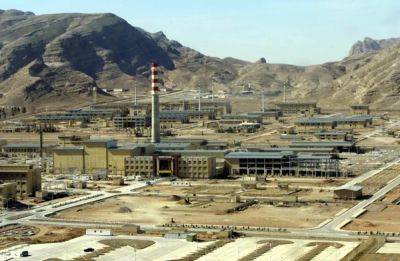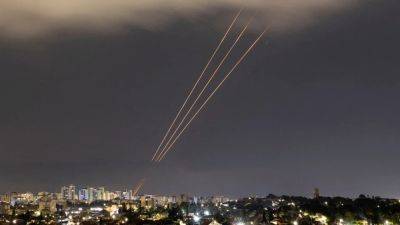Iran-US secret backchannel talks are a good sign
Recent revelations that the Islamic Republic of Iran and the US have held secret talks as a way of resolving months of attacks by Tehran-backed Houthi rebels on shipping in the Red Sea have raised eyebrows. Surely the two countries have been implacable foes for decades? How could they be engaged in constructive negotiations?
On first glance this seems unlikely. Since its establishment following the 1979 revolution in Iran, the ideology of the Islamic Republic established in its wake has played heavily on anti-imperialism and the rejection of what is seen as “US hegemony”.
Tehran has tended to divide the international system in terms of what it sees as the “oppressed” and the “oppressors” with the US as the chief oppressor and the Islamic Republic the defender of the oppressed.
These ideas were an important part of political culture and debates among many Iranians before 1979 in response to what many people felt had been excessive foreign interference. Ayatollah Khomeini, the Islamic Republic’s first supreme leader, co-opted these ideas.
In practical terms, this meant a rejection of the Carter administration’s close involvement in Iranian affairs, despite human rights abuses under the Shah of Iran.
The desire to reject US influence was perhaps evident in the takeover of the US embassy in 1979 and the subsequent hostage crisis. With the Iran-Iraq War which broke out after Saddam Hussein invaded Iran in 1980, defense against the US also became an integral part of the Islamic Republic’s ideology because it was perceived that Iraq had US support.
But to view the Islamic Republic’s relationship with the US simply in terms of Khomeini’s ideology – or without appreciating different approaches from within the Islamic Republic







